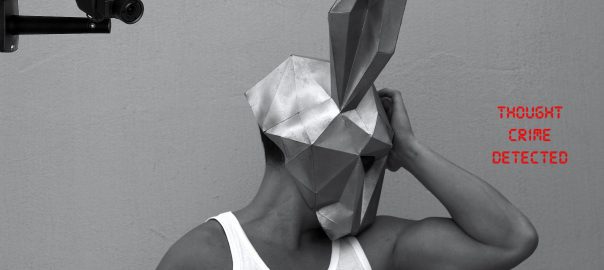Daniel Hoyer, University of Toronto
American humorist and writer Mark Twain is believed to have once said, “History doesn’t repeat itself, but it often rhymes.”
I’ve been working as a historian and complexity scientist for the better part of a decade, and I often think about this phrase as I follow different strands of the historical record and notice the same patterns over and over.










